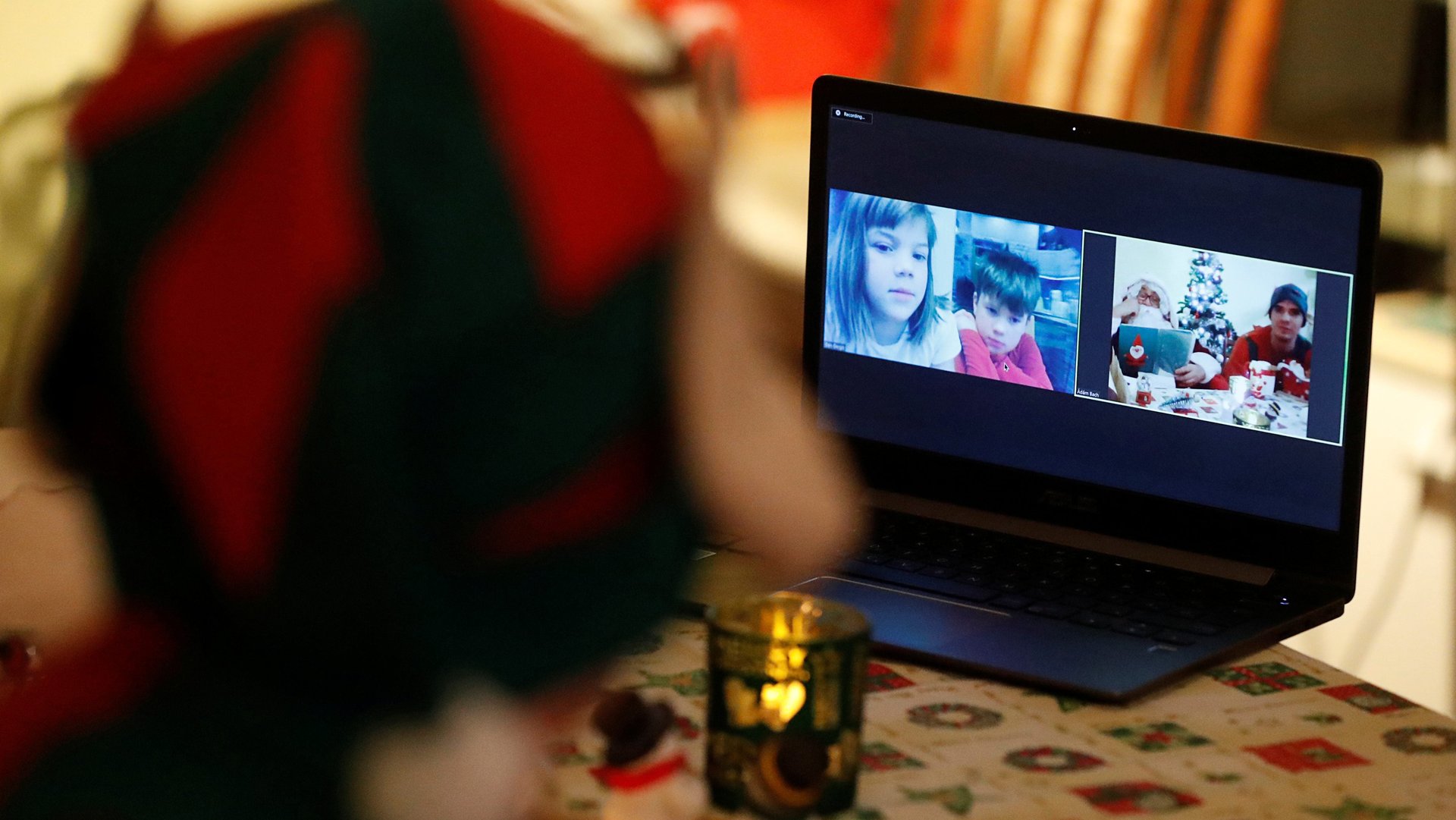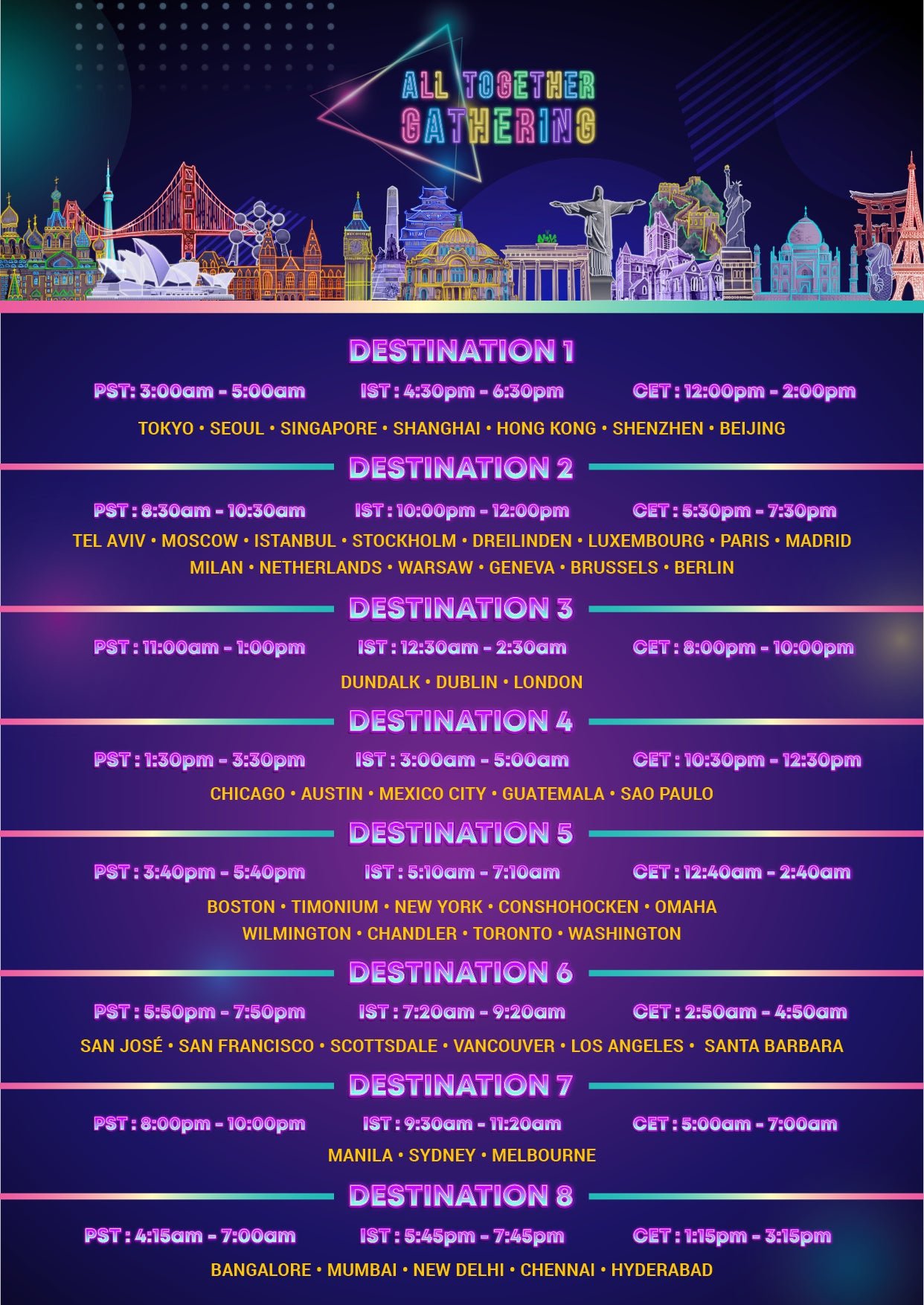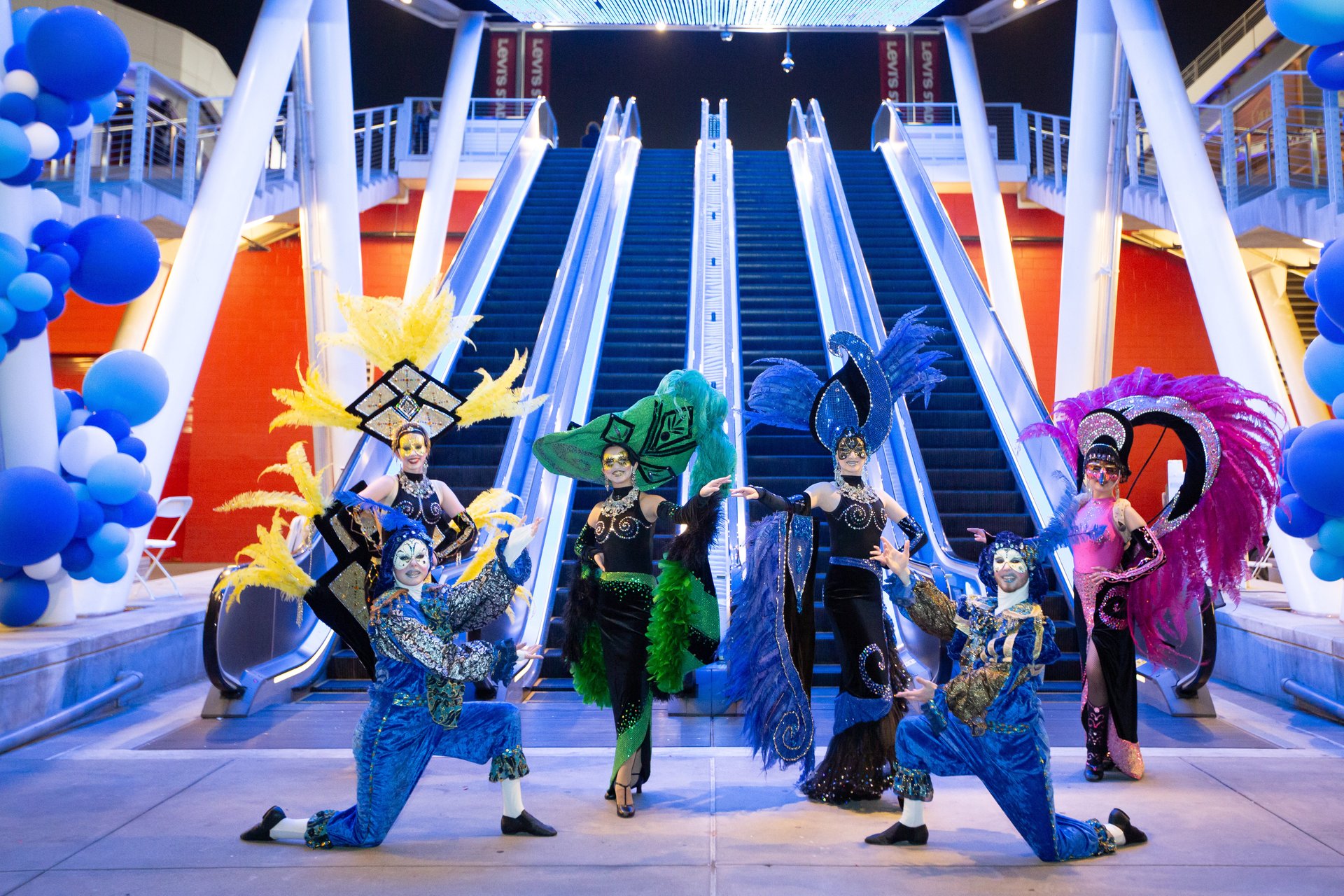Who’s ready for a 29-hour virtual office party?
On a grim year marked by a record number of video meetings, the idea of a drawn-out virtual office party can feel like a gift no one wants. But as companies are rethinking how to host meaningful holiday celebrations, or if they should have them at all, PayPal is embracing the spirit of the season, and the realities of remote work, by hosting a 29-hour virtual global holiday party for its 25,000 employees and their families.


On a grim year marked by a record number of video meetings, the idea of a drawn-out virtual office party can feel like a gift no one wants. But as companies are rethinking how to host meaningful holiday celebrations, or if they should have them at all, PayPal is embracing the spirit of the season, and the realities of remote work, by hosting a 29-hour virtual global holiday party for its 25,000 employees and their families.
Designed to highlight the local character of each of its 69 offices, the mid-December marathon festivities represent a radical experiment in building company culture for remote teams.

PayPal’s party schedule reads like an intercontinental smörgåsbord. Performers include Indian piano prodigy Lydian Nadhaswaram, Japanese percussionist Joji Hirota and Mexican guitar duo Rodrigo y Gabriela. There are magic shows, circus acts, cooking and cocktail mixing classes, origami tutorials, K-Pop dance lessons, raffles, and several drag shows—roughly a hundred activities for every taste and time zone. There’s also a virtual dance floor where one can shimmy with colleagues, and for introverts, one-on-one chatrooms. Knowing that many employees would be with their families, several kid-friendly activities are on the roster.
PayPal’s regional offices were put in charge of planning a segment of the festivities—operating much like a hosts in a “progressive dinner party” where diners travel to a different location for each course.
Holiday parties are traditionally elaborate, decentralized productions at PayPal. Last year, the headquarters office in San Jose, California, rented a football stadium for a glitzy, Venetian-style masquerade ball and provided free childcare for parents. The New York office, for its part, held a pop-art themed blowout. Other sites had more intimate gatherings, with potlucks or employee talent shows.
Genessa Nannini, PayPal’s director of employee engagement, says the unique circumstances of this year inspired the company to consolidate office parties into one all-staff event. “We thought, wouldn’t it be interesting to have a global party hosted by local sites, so anyone can immerse themselves in the culture of our employees around the world,” says Nannini, who plans to stay up for the entirety of the party.
Attendance isn’t mandatory and employees can pop in and out whenever they want. Guests aren’t required to turn on their video cameras, except if they want to be seen in the virtual dance floor or in one-on-one chats. Dress code is “whatever you want,” with the caveat that kids may be tuned in.

For its first virtual party, PayPal wanted to try to make the experience just as memorable as in-person events. The company commissioned a custom-designed, interactive platform where guests enter through a virtual lobby and select which activity they’re interested in joining. Nannini says making the interface inclusive and accessible was a priority. Closed captioning and language support is integrated into the design. “It’s something new and different we hadn’t tried before,” says Nannini. “We knew that the basic Microsoft Teams [interface] or a Zoom meeting wasn’t going to cut it.”
“If there was ever a year to try something new and out-of the-box, in my mind, this is it,” she adds. “We’re willing to learn and maybe this will inform how we think of gatherings for 2021.”
Nannini says the decision to proceed with the virtual party was based on feedback from staffers who said how much they valued the annual year-end celebration. This became especially crucial during a challenging year when majority of its workforce have had to deal with the stresses of working from home or fret about an unexpected round of layoffs. Staff wellness, she explains, is ultimately goal. “We needed to give our employees an opportunity to feel good again.”